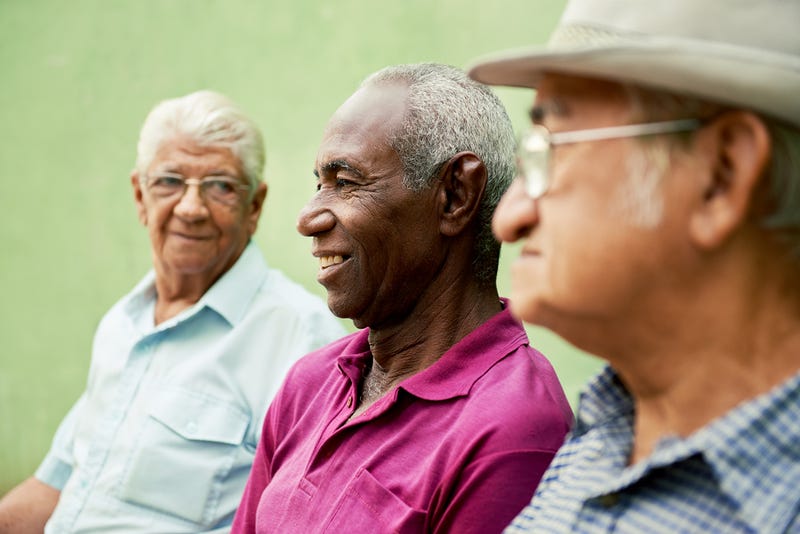
The Department of Veterans Affairs has launched a new program that aims to decrease social isolation and the risk factors that accompany it.
VA Connection Plans seeks to empower older veterans by giving them tools for addressing mental health challenges that have arisen from social isolation.
“The VA connections program gave me suggestions of how to extend my boundaries and still feel safe,” said Margaret, a Navy veteran who participated in VA Connection Plans while experiencing increased isolation during the COVID-19 pandemic, in a VA blog post.

Developed by the VA Capitol Health Care Network Mental Illness Research, Education and Clinical Center, the program was offered to veterans in Maryland and Arkansas in collaboration with the Little Rock Geriatric Research Education and Clinical Center.
“Someone reached out to let me know I wasn’t alone and encouraged me to take comfortable steps to expand my socialization and break out of my rut,” added Margaret.
The program is based on the cognitive-behavioral model and helps veterans set goals to support their connectedness, holistic health, and overall well-being. The short-term intervention can be delivered by veteran peer specialists as well as social workers, psychologists, and other mental health care professionals, according to the blog post.
Program facilitators work with veterans to create personally tailored plans that include mind, body, and social goals. In the first of two phone sessions with a facilitator, veterans set goals to:
Transform negative thoughts (mind). Veterans observe how their mindset and thought patterns affect how they feel. Facilitators and veterans work together to jointly create goals that are Specific, Measurable, Achievable, Relevant, and Time-based (SMART).
These goals help shift the veteran’s mindset in a way that improves their mental well-being. Using positive coping statements or engaging in prayer, meditation or a pleasant distraction are examples of ways to respond to negative thoughts when they arise.
Change unpleasant physical sensations (body). Facilitators explain the connection between the mind and body and talk about the importance of taking care of the body in times of stress. Veterans can create SMART goals related to soothing and attending to their bodies, such as taking regular walks or practicing muscle relaxation.
Increase social engagement (social). Facilitators explain the importance of socializing and how the lack of it can negatively affect both physical and mental health. Veterans can create SMART goals to increase their sense of connectedness. These goals can include pursuing in-person or virtual social interaction but also can include participating in any activities that help the Veteran feel more connected to the world around them, such as spending time in nature.
Developing a VA Connection Plan can also be helpful during other major life transitions, such as transitioning out of the service, retiring, or when you are seeking a renewed purpose in life.
“Sometimes you need someone to get behind you and give you a little nudge in the right direction,” added Margaret.
Older veterans who would like to participate in VA Connection Plans and are enrolled at the VA Maryland Health Care System should call 410-605-7000, while Veterans enrolled at the Central Arkansas Veterans Healthcare System should call 501-257-1000.
Visit here to learn more about the two therapeutic sessions and receive information about related resources and upcoming opportunities. You can also download the manual to learn more about the program’s offerings.
Reach Julia LeDoux at Julia@connectingvets.com.



